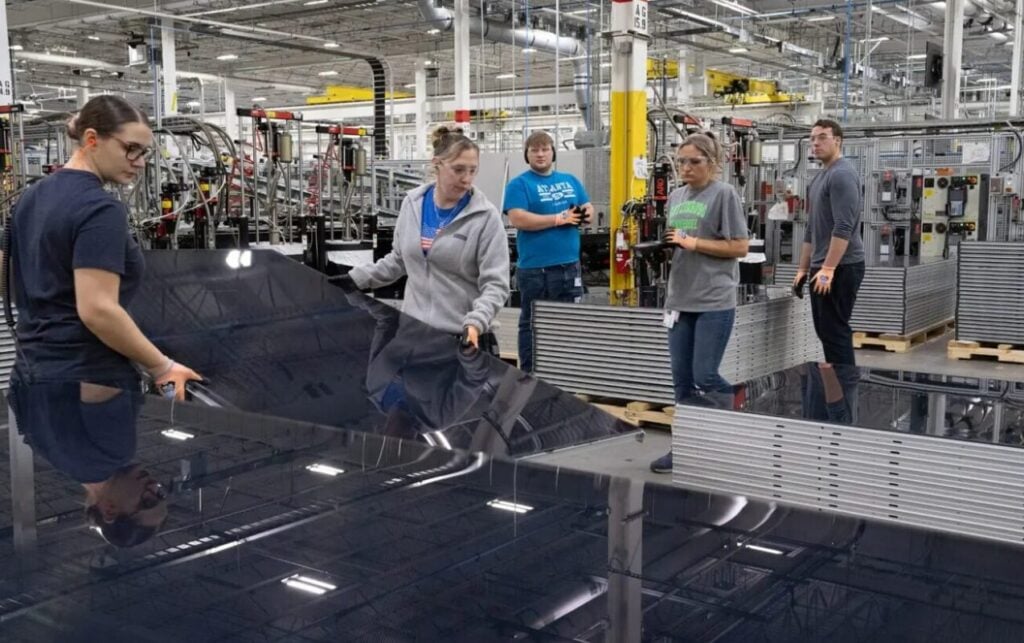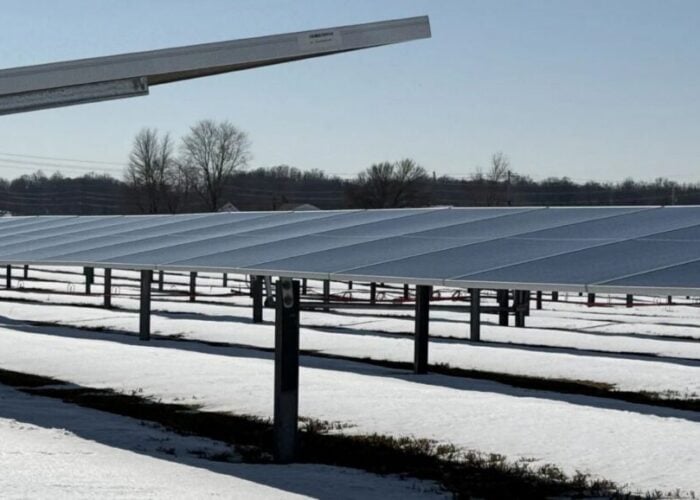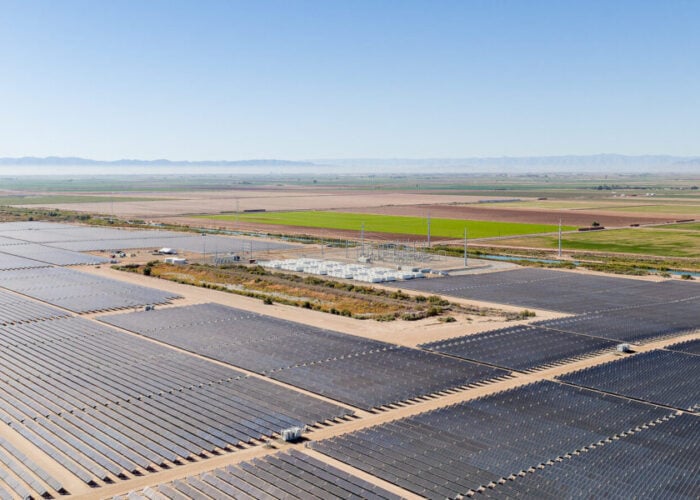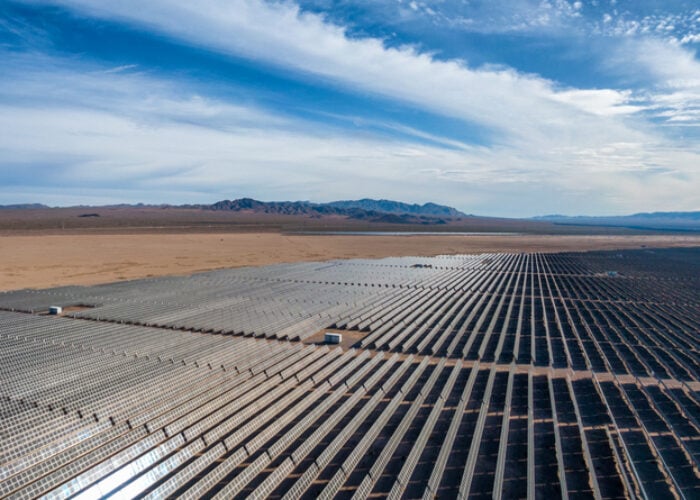
US cadmium telluride (CdTe) thin-film module manufacturer First Solar has sold US$311.8 million in tax credits to “a leading financial institution” under the rules set out in the Inflation Reduction Act (IRA).
The deal, completed last Friday, will see the sale of the tax credits to the unnamed organisation in exchange for US$296.2 million in cash. The selling ratio of US$0.949 per US$1 of tax credits is in line with a similar ratio First Solar secured for an earlier tax credit sale in February, which saw the manufacturer sell US$857 million in tax credits.
Try Premium for just $1
- Full premium access for the first month at only $1
- Converts to an annual rate after 30 days unless cancelled
- Cancel anytime during the trial period
Premium Benefits
- Expert industry analysis and interviews
- Digital access to PV Tech Power journal
- Exclusive event discounts
Or get the full Premium subscription right away
Or continue reading this article for free
The specific credits to be transferred are 45X advanced manufacturing credits, a key component of the IRA that rewards companies for building clean energy manufacturing capacity in the US, and had its rules finalised in October 2024. The measures included in the IRA have been largely successful, with the US’ annual solar module manufacturing capacity exceeding 50GW in February and the announcement of more than US$92 billion in clean energy manufacturing investments since the passage of the IRA in 2022.
First Solar, in particular, has sought to expand its manufacturing capacity and benefit from this legislation, aiming to reach 10GW of integrated manufacturing capacity by the end of 2025.
However, the company has reduced its net sales guidance for 2025 down by almost one billion dollars due to forecasts of lower module sales.
Tax credit uncertainty
Under the Trump administration, several key pieces of renewable energy legislation have come under threat, including the production tax credits (PTCs) and investment tax credits (ITCs) introduced by the IRA.
While the so-called “One Big, Beautiful Bill” is currently being considered by the US Senate, and has not come into effect yet, the US Senate Finance Committee plans to slash tax credits for solar PV, wind power and electric vehicles as part of its assessment of the bill, which is an ominous indicator of how the rest of the Senate may respond to the bill.
“The bill will strip the ability of millions of American families to choose the energy savings, energy resilience, and energy freedom that solar and storage provide,” said Abigail Ross Hopper, president and CEO of trade body the Solar Energy Industries Association (SEIA), who spoke at a rally in Washington DC to protest against the Senate Finance Committee’s decisions last week.
“The Senate must fix the bill that came out of Senate Finance in a way that recognises the critical role solar and storage play in meeting the energy challenges of our time. If this bill passes as is, we cannot ensure an affordable, reliable and secure energy system.”
Earlier this year, Hopper spoke to PV Tech Premium at the Intersolar Europe event, and described how the US solar sector could learn from Europe, and deliver a “universal effort” to accelerate the energy transition in both markets.






